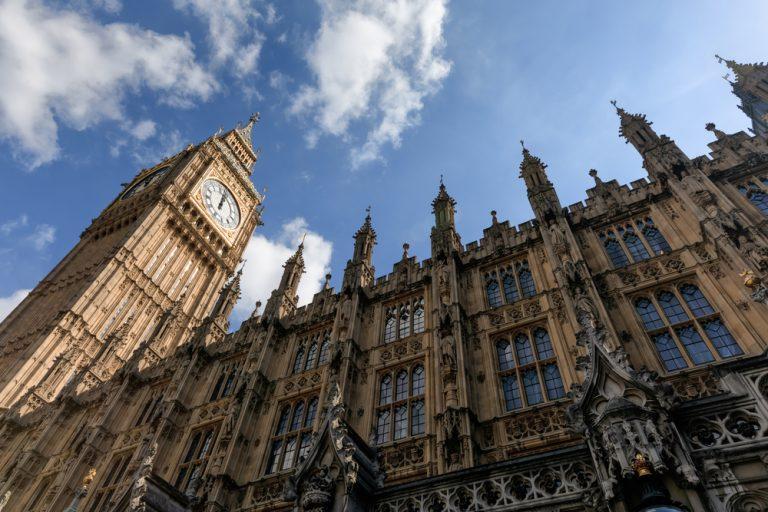
The formation of the Independent Group has raised serious questions about the future of the British Politics, and not least, the Labour party itself.
Whilst many smaller fringe parties already exist in Parliament, political debate has been historically dominated by the two major players – the Conservatives and Labour.
However, with a stalemate over Brexit raging on, it seems change is stirring in Westminster – and beyond.
What has happened?
The group was created after a set of Labour MPs resigned from the party, in opposition to its handling of allegations of antisemitism alongside the leadership’s approach to Brexit.
The seven rebel MPs include 2015 leadership candidate Chuka Umunna, the former Shadow Minister for Public Health, Luciana Berger, and former Shadow Chancellor of the Exchequer, Chris Leslie.
This isn’t the first time party splintering has occurred in British politics, so perhaps its implications should accordingly not be prematurely overstated.
Famously, the Liberal Democrats were formed after the Liberal Party and Social Democratic Party merged back in 1988.
Nevertheless, this most recent act of party rebellion could have serious ramifications for the future of Jeremy Corbyn’s leadership.
Corbyn may have survived a leadership challenge back in 2016, however, this latest tremor does not bode well for his already tenuous authority within the party.
The resignation of several high profile names looks set to plunge the party into further disarray, perhaps signalling the end of the road for Corbyn.
However, with only a handful of deflectors on side at present, it still proves early to write his political obituary just yet.
Who else could be on board?
So far the breakaway group has only affected the membership of the Labour party, however, there are suggestions that as many as three Conservative MPs may very well be preparing to join the ranks.
There is speculation that Sarah Wollaston, Heidi Allen and Nick Boles may be among those considering jumping ship.
In fact, Chuka Umunna has already called for cross-party alliances, urging centrist Conservatives to join the cause.
“We’re inviting anybody who shares our values to join us,” Mr Umunna said in comments to BBC Radio 4’s Today programme.
“There are clearly a lot of Labour MPs wrestling with their conscience, and Conservatives who are demoralised for the Ukip-isation, if you like, of the party.”
So, what could this mean for the FTSE?
The immediate reaction to London’s leading index was muted – and so it should be, with just 7 MPs defecting. However, if this is the beginning of a broader move from Labour MPs, this could well be a positive for the FTSE 100.
This is not because there is a high chance of the Independent Group getting into power and promoting business-friendly policies, but more the chances of Labour getting into power are dramatically reduced.
This brings with it the alleviation of fears over mass nationalisation, schemes that allow customers to have a say in boardroom pay for large companies and increased tax on large multi-nationals.
